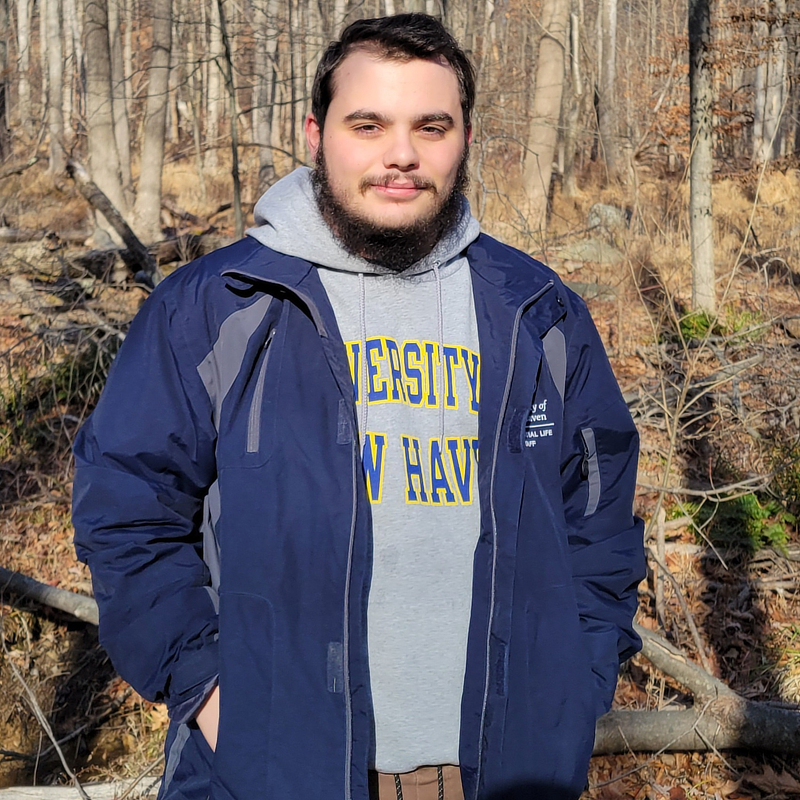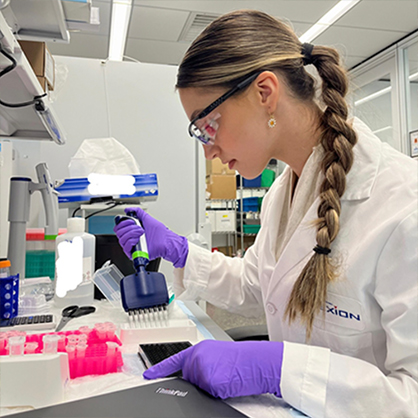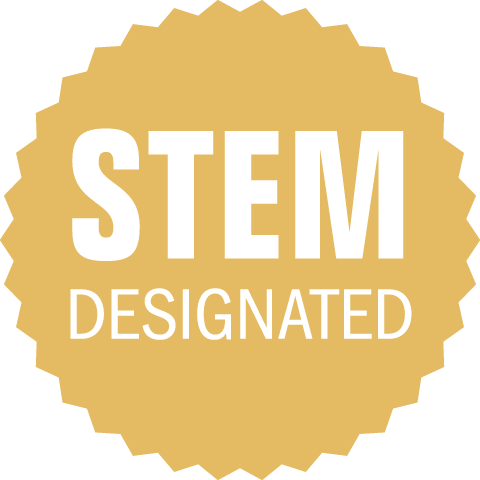
Brendan Straut ’24
Biology Major Hopes to Help Combat Viruses Through Research
In biology, there are questions to be asked and problems to be solved. Through the biology program at the University of New Haven, you will learn to do both successfully, applying the theoretical knowledge you gain in the classroom in hands-on laboratory activities and engaging in field work right from the start.
You’ll study life in its most basic and its most complex forms as you explore and expand the framework that informs our understanding of the wonders of the natural world.
Our faculty are leaders and innovators in their fields, bringing both deep professional experience and academic rigor to the classroom.

Biology Major Hopes to Help Combat Viruses Through Research

Biology Major Reflects on Journey of Discovery in the Lab

My experience at the University has taught me the importance of networking – and it led to my internship at the John B. Pierce Laboratory.
Microbiologists
4.1% Growth 2024-2034
Biological Scientists
1.2% Growth 2024-2034
Environmental Scientists
4.4% Growth 2024-2034
Because the techniques for working with proteins are basic to the cell and molecular biologist and extend beyond the understanding of basic protein biochemistry, this course provides a theoretical understanding of methods commonly utilized for protein/peptide analysis. In the laboratory students will isolate proteins from various tissues or expression systems and analyze them by one- and two-dimensional polyacrylamide gel electrophoresis.
A survey of invertebrate phyla focusing on taxonomy, evolutionary relationships, structure and function, physiological adaptations, and life modes. Laboratory includes examination of the structure and anatomy of representative taxa from the phyla, experiments and observations on behavior, and responses to varying environmental conditions.
The nature of antigens and antibodies, formation and action of the latter, other immunologically active components of blood and tissues, and various immune reactions.
First in a series of advanced biochemistry courses; examines the relationship between protein structure and function. Topics include properties of proteins and amino acids, protein folding, enzyme kinetics, and enzyme regulation.
The University of New Haven offers a wide variety of in-depth courses that create a transformational educational experience for our students. To view the complete list of courses you'll take while pursuing a Bachelor of Science in Biology, check out the Academic Catalog:
Biology, B.S. - General Biology Concentration (STEM-Designated)
Biology, B.S. - Cellular and Molecular Biology Concentration (STEM-Designated)
Biology, B.S. - Pre-Medical Science Concentration (STEM-Designated)
Get an inside look at what differentiates the University of New Haven and how your experiences as a student will prepare you for success.




Health Professions Advising Center (HPAC)
Learn MorePre-Medical Studies Designation
Learn MoreAll University of New Haven students have access to the many resources available through the University’s Career Development Center, which has been named one of the best in the nation by The Princeton Review.
From career assessments, networking, and job shadowing to on-campus interviews and salary negotiation, the Career Development Center provides the skills and connections to identify a meaningful career and an opportunity to pursue your passion.
Learn More
The Charger Blog
University of New Haven students embarked on a two-week study abroad program, immersing themselves in Kenya’s wetlands, forests, and wildlife reserves while learning from global experts and the local community members.
There are a variety of opportunities for you to learn more about our programs, what it is like to be a student here, and the scholarships, assistantships and financial aid that we offer. Whether you want to meet us on campus or online, we have something for you.
Whether you're still in high school or are transferring from another college, we offer full- and part-time opportunities for undergraduates from inside the U.S. and abroad. The admission process can begin as early as the end of your high school junior year.
The Application Process
We offer a comprehensive financial aid program, with students receiving assistance in the form of grants, scholarships, student loans, and part-time employment. Funds are available from federal and state governments, private sponsors, and from university resources. More than 85 percent of the University's full-time undergraduate students receive some form of financial assistance.
Learn More